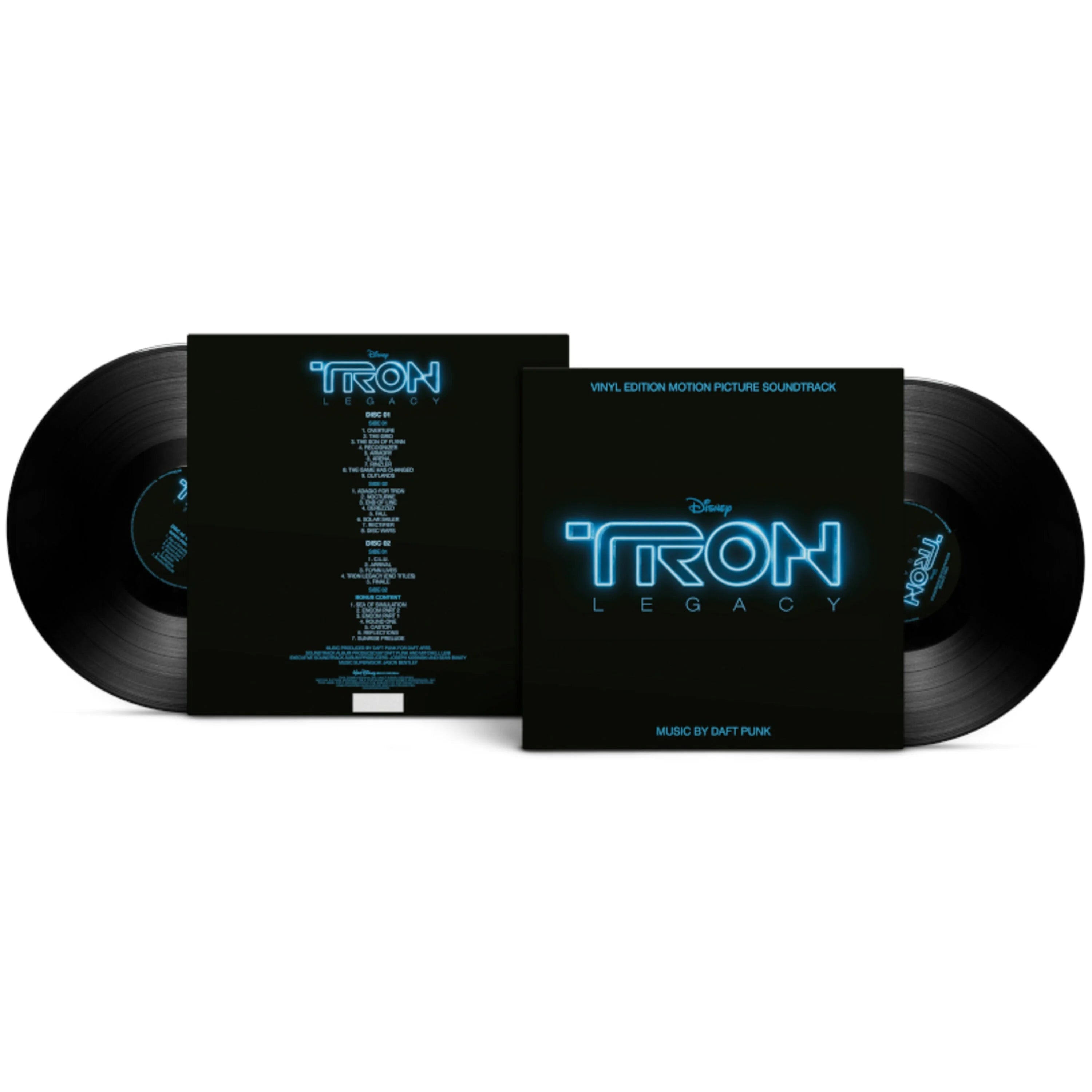In the world of music enthusiasts, vinyl records hold a special place. Their rich sound quality and tangible presence make them cherished items in any collection. However, to ensure their longevity, proper storing vinyl records is crucial. Neglecting the correct storage practices can lead to irreversible damage such as warping, scratching, and even mold growth. This makes it essential for collectors to understand the best methods for protecting vinyl records and preserving their sound quality and aesthetic value for years to come.

Ideal Storage Environment for Vinyl Records
Temperature and Humidity Control
Creating the right environment is vital for the longevity of vinyl records. The ideal temperature should be steady, preferably between 65-70 degrees Fahrenheit, and the humidity level should be maintained around 45-50%. Excessive heat can cause records to warp, while high humidity levels may lead to mold growth. Using a hygrometer to monitor these conditions can help you maintain the optimal environment, ensuring the preservation of your vinyl's quality.
Avoiding Direct Sunlight
Exposure to direct sunlight is detrimental to vinyl records. UV rays can degrade the record's materials, leading to discoloration and warping. To protect your collection, store your records in a place where sunlight does not directly hit them. Using curtains or blinds to block out light during peak hours will further aid in preserving vinyl records and maintaining their condition over time.
Safe Room Conditions
Beyond temperature and humidity, the overall cleanliness and air quality of the room also play a crucial role in vinyl record protection. Dust and smoke can settle on the vinyl surface, embedding fine particles that are hard to remove and can scratch the records during playback. Opt for a clean, smoke-free environment to store your collection, and consider using air purifiers to maintain clean air around your records.
Appropriate Storage Furniture
Choosing the right furniture is essential for vinyl record storage. The material and design of the furniture should provide stability and support to avoid any bending or leaning of records, which could lead to warping. Wooden shelves are preferred due to their sturdiness and ability to absorb minor environmental fluctuations better than metal alternatives.
Vertical Storage Techniques
Benefits of Vertical Storage
Vertical storage is not just a preferred method; it's recommended by many experts to avoid damage and ensure easy handling. By understanding the benefits of this storage method, you can better maintain and appreciate your vinyl records. Here are the main advantages:
- Prevents Warping: Stacking records horizontally puts significant pressure on the vinyl, which can lead to warping over time. By storing vinyl records vertically, no direct pressure is exerted on the surfaces of the records. This helps maintain their flatness and prevents any bending or distortion, ensuring the records play smoothly without any sound quality issues. Keeping them vertical is essential for preserving their condition for years to come.
- Ease of Access: When records are stored vertically, each album can be easily slid out and replaced without the need to move other items in the collection. This minimizes handling damage and reduces the risk of scratching the vinyl as you search for your favorite album. It makes the process of selecting a record to play much quicker and more convenient, enhancing your overall experience.
- Better Organization: It allows for alphabetical or categorical sorting of records, making the collection more user-friendly. The organization makes it easier to locate a specific album or artist without unnecessary searching. For collectors, this means less time spent digging and more time enjoying the music, making the entire hobby more enjoyable and efficient.
- Enhanced Aesthetics: Displaying records vertically showcases the album artwork prominently, adding a decorative element to the room. This not only celebrates the visual art of album covers but also turns your record collection into a focal point of home decor, reflecting your taste and passion for music.
- Space Efficiency: Vertical storage maximizes the use of available storage space, enabling you to maintain a larger collection in a smaller area. It is particularly beneficial for those with limited space who want to keep an extensive collection. By arranging records vertically, you can easily scale up your collection without requiring additional square footage.
By implementing vertical storage for your vinyl records, you're not just organizing your music; you're preserving the quality and aesthetics of each album. Whether you're a casual listener or a serious collector, vertical storage is the best way to keep your records in prime condition and make your listening experience as enjoyable as possible.
Weight Distribution and Support
To maintain the integrity of your collection, it is crucial to evenly distribute the weight of your records across the shelving. This prevents the shelf from bending or breaking over time. Use shelf dividers to keep your records upright and prevent them from leaning, which can cause warping. The base of the shelf should be sturdy enough to support the weight without any risk of collapse, ensuring long-term stability and protection for your records.

Protective Sleeves for Vinyl Records
Importance of Inner and Outer Sleeves
Ensuring the longevity and quality of vinyl records involves meticulous care, particularly in how they are stored. The use of both inner and outer sleeves plays a pivotal role in the protection of vinyl records. Here’s why both types of sleeves are essential for your collection:
- Dust Protection: Inner sleeves are the first line of defense in preventing dust particles from settling directly on the vinyl surface. As mentioned previously, dust can be abrasive and, when a record is played, these particles can cause fine scratches which degrade sound quality over time. By encasing records in inner sleeves, you reduce the risk of dust-related damage, ensuring clearer audio and longer vinyl life.
- Static Reduction: High-quality inner sleeves are often made from materials designed to minimize static electricity. This reduction is crucial because static can attract dust and lint, which not only affects playback quality but can also embed foreign particles in the vinyl grooves. Static-resistant sleeves help keep the records clean and free from unwanted static cling, enhancing the overall health of the vinyl.
- Moisture Barrier: Outer sleeves provide an essential barrier against moisture, which can severely warp vinyl records and deteriorate paper album covers. Moisture can enter from various sources like humidity, spills, or environmental exposure. Using outer sleeves helps maintain a dry environment around the vinyl, protecting both the sound quality of the record and the visual aesthetic of the album cover.
- Physical Damage Shield: Outer sleeves also protect the album artwork from physical damage such as ring wear, tears, and other blemishes. These sleeves are particularly important for maintaining the collectible value of records, as artwork and cover conditions significantly influence a record's market value and appeal. By shielding the cover with an outer sleeve, collectors ensure that their albums remain visually appealing and structurally intact.
Incorporating both inner and outer sleeves into your vinyl storage system is not merely about maintaining appearance—it's about preserving the very essence of what makes vinyl a unique and cherished format. For collectors and audiophiles, this dual-sleeve protection is a fundamental practice that protects their investment and passion, keeping their music sounding rich and pristine for years to come.
Best Materials for Outer Sleeves
Polyethylene or polypropylene sleeves are popular choices because they are durable and less likely to stick to the album cover than PVC, which can sometimes leach chemicals that damage vinyl. These materials are also clear, allowing for easy viewing of the album’s artwork without needing to remove the sleeve.
Best Materials for Inner Sleeves
For inner sleeves, anti-static materials such as high-density polyethylene or rice paper are top choices. These materials not only prevent static electricity build-up but also do not scratch the vinyl as it is slid in and out of the sleeve. Some audiophiles prefer lined paper sleeves, which combine the soft protection of paper with a smooth, plastic lining to reduce the risk of scratching the disc.
How to Properly Use Sleeves
Using protective sleeves effectively involves more than just slipping your vinyl into one. Always ensure the record is clean before placing it into an inner sleeve to avoid trapping dirt. When inserting a record into an outer sleeve, make sure the open side of the inner sleeve is not aligned with the outer sleeve’s opening.
Cleaning and Maintenance Tips
Using a Carbon Fiber Brush
Employing a carbon fiber brush is one of the most effective methods for maintaining vinyl records. These brushes are designed to gently remove dust and debris from the record’s surface without causing scratches. Before and after each playback, lightly hold the brush against the rotating record for a few rotations. This action will help keep the grooves clean, ensuring clear sound and reducing wear on both the vinyl and the stylus.
Record Cleaning Solutions
For a deeper clean, especially for older or dirtier records, a specially formulated record-cleaning solution can be invaluable. Apply the solution sparingly to a soft, lint-free cloth or an anti-static record cleaning pad, and gently wipe the record in a circular motion following the grooves. It’s important to use a solution designed specifically for vinyl records to avoid damaging the delicate material with harsh chemicals.
Proper Handling Techniques
Always hold a vinyl record by its edges or the labeled area, avoiding contact with the grooves. Fingerprints and oils from your skin can attract dust and lead to surface noise. By practicing proper handling, you can significantly reduce the risk of accidental damage.
Regular Maintenance Schedule
Setting a regular maintenance schedule can significantly extend the life and performance of your vinyl collection. This includes not only cleaning each record regularly but also checking and replacing inner and outer sleeves as needed. Keeping the playing equipment, like the turntable and stylus, clean and in good working order is also crucial. Regular care ensures that each album sounds its best and remains a valuable part of your collection for years to come.
Safely Buying Vinyl Records Online
Identifying Reputable Online Stores
When looking to buy vinyl records online, it's essential to identify reputable stores that are known for quality and reliability. Check for online reviews and feedback from other customers to measure the store's reputation. A trustworthy online vinyl record store will have clear policies on returns and exchanges, detailed descriptions of record conditions, and responsive customer service. Ensuring the store has a secure website for transactions is also crucial to protect your personal and payment information.
Ensuring Quality and Authenticity
Quality and authenticity are paramount when purchasing vinyl, especially if you are seeking rare or collectible items. Reputable sellers should provide detailed details about the provenance of the records and their grading system. Such transparency helps you assess the quality of what you’re buying. If possible, request audio samples or photos to verify the record's condition before making a purchase, ensuring you get the best possible product.
Secure Packaging and Shipping
Once you’ve made a purchase, the way your vinyl is shipped is vital for its preservation. A good seller will use sturdy, protective packaging to safeguard the records during transit. This includes using professional mailers with sufficient padding. Check the seller’s shipping policies and consider opting for insured shipping methods to protect against potential damage or loss during delivery.
Recommended Online Vinyl Stores
For those new to collecting or looking to expand their library, selecting the best online vinyl store can be daunting. Look for stores that specialize in the genres you enjoy, and check their social media for customer interactions and satisfaction levels. Stores that actively engage with their community and provide extra services like cleaning, grading, and detailed cataloging tend to be more reliable. Additionally, these outlets often offer exclusive releases and special editions, making them a treasure trove for collectors.

The long-term benefits of properly caring for your vinyl records are extensive. Not only do these practices protect your investment, but they also enhance your listening experience. Well-maintained records produce clearer, richer sound and are less likely to cause wear to your playback equipment. A pristine collection holds greater monetary value, which can be beneficial if you ever decide to sell or trade your albums. By investing time and effort into proper vinyl care, you're ensuring that your music collection can be enjoyed for many generations to come.


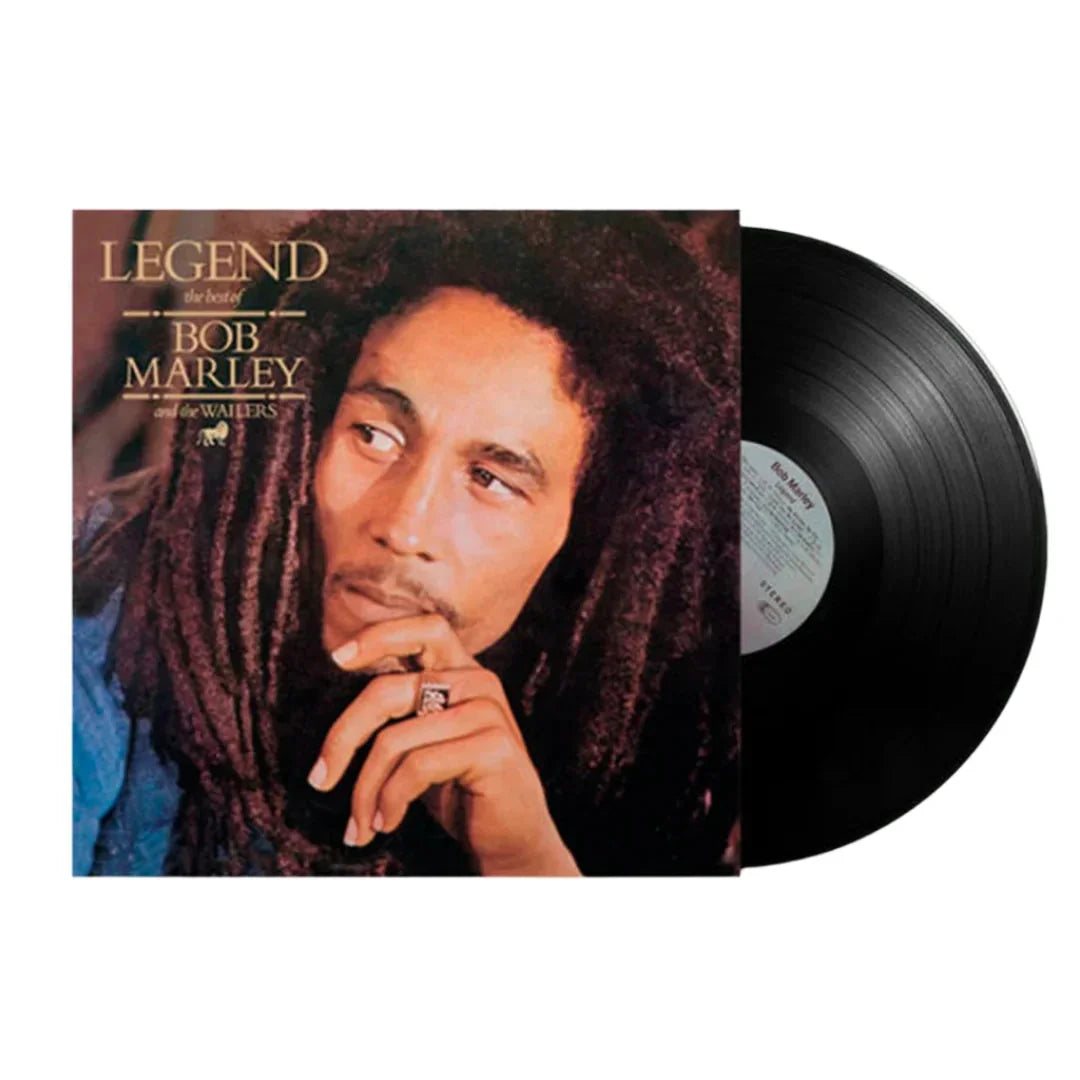
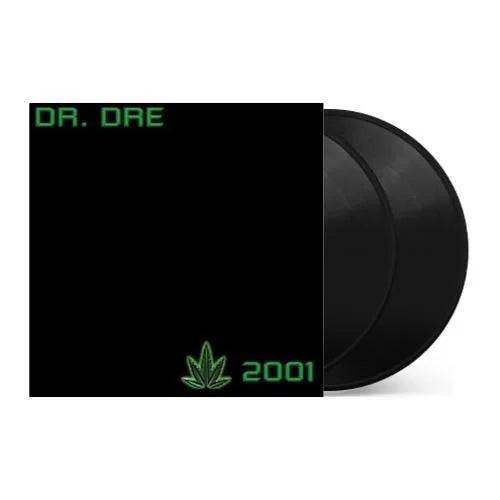

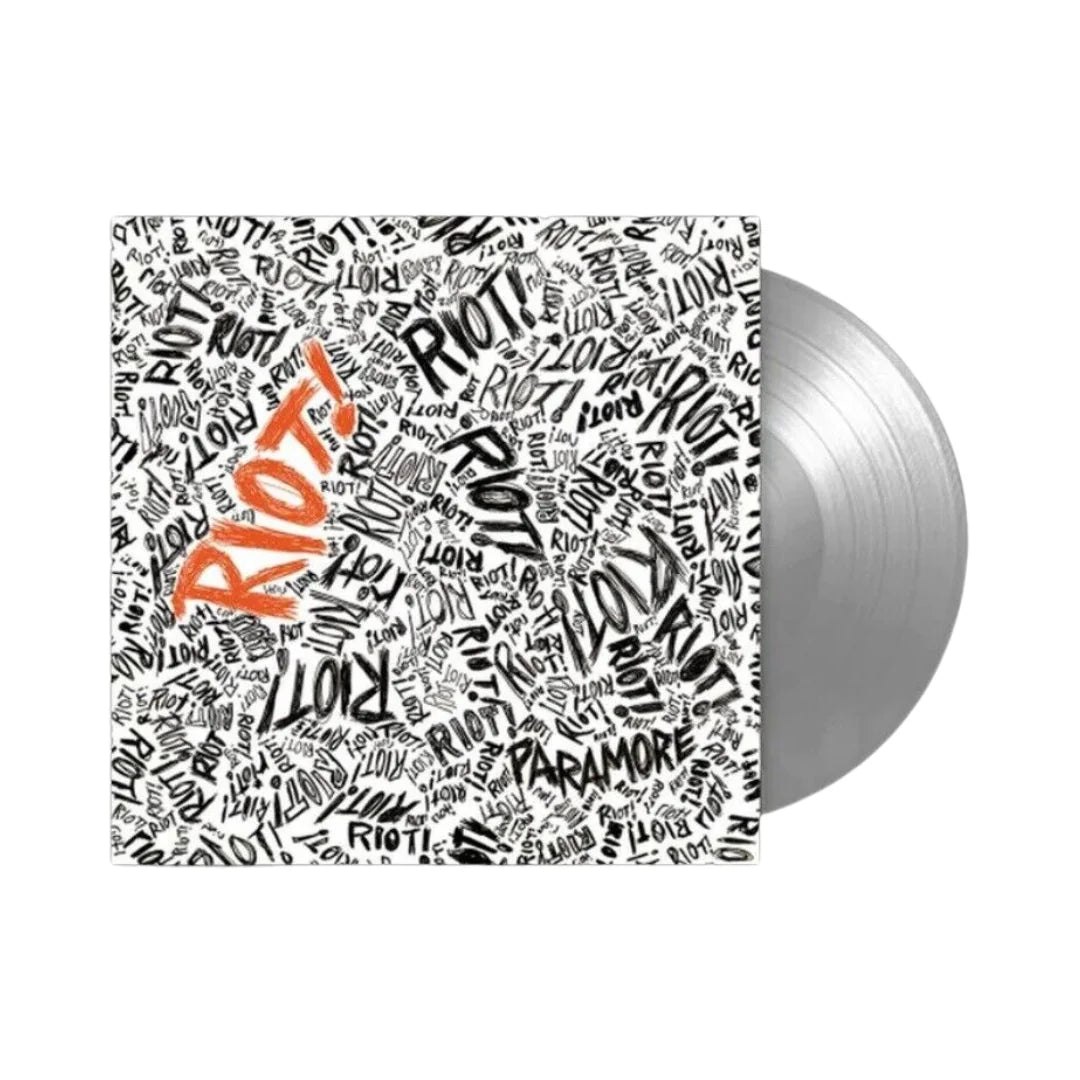
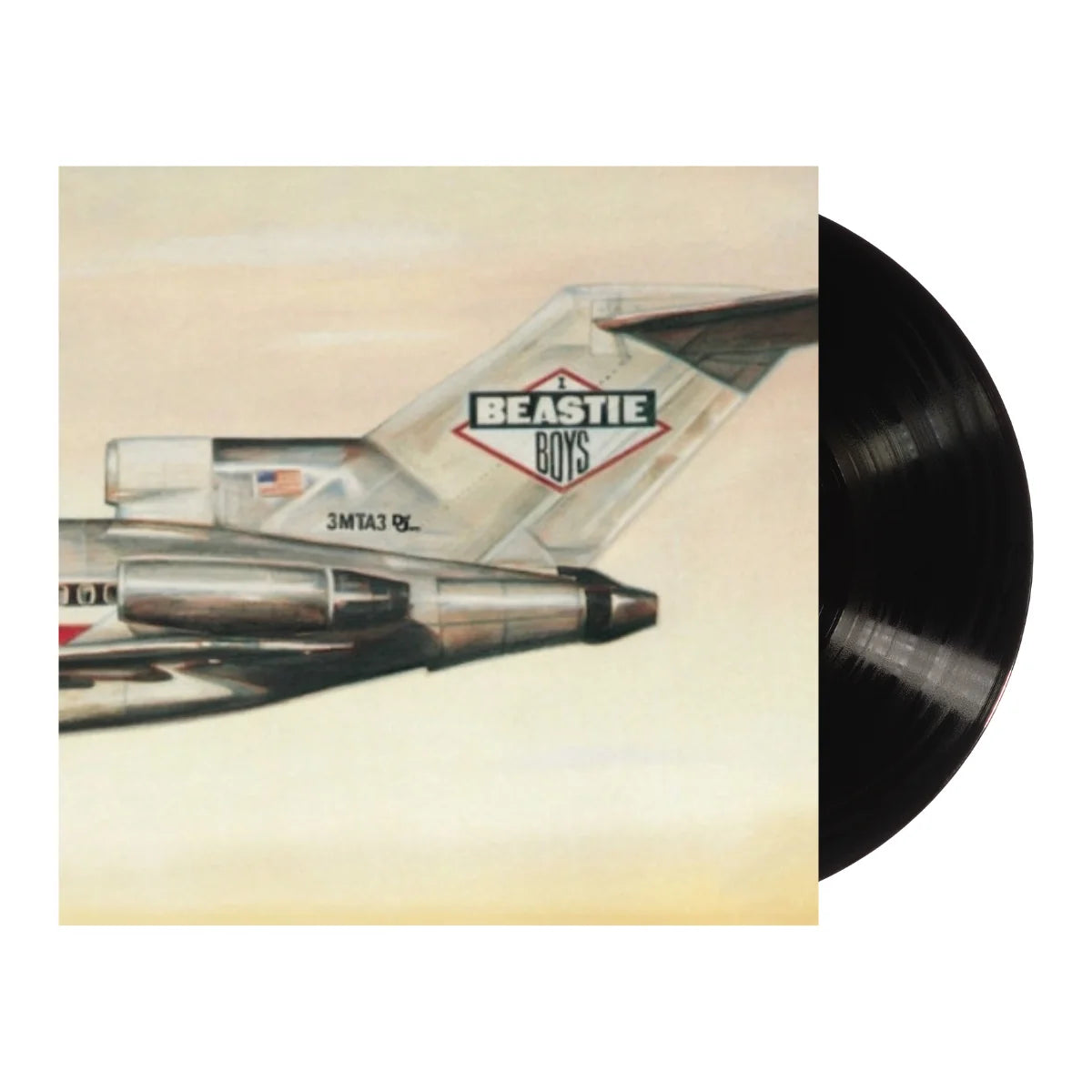


![$Uicideboy$ - Thy Kingdom Come [Clear]](http://vinyl.com/cdn/shop/files/4435583-3407920.jpg?v=1754460746&width=5760)
![(hed) p.e. - New And Improved [Pink]](http://vinyl.com/cdn/shop/files/4425252-3389420.jpg?v=1746578880&width=5760)



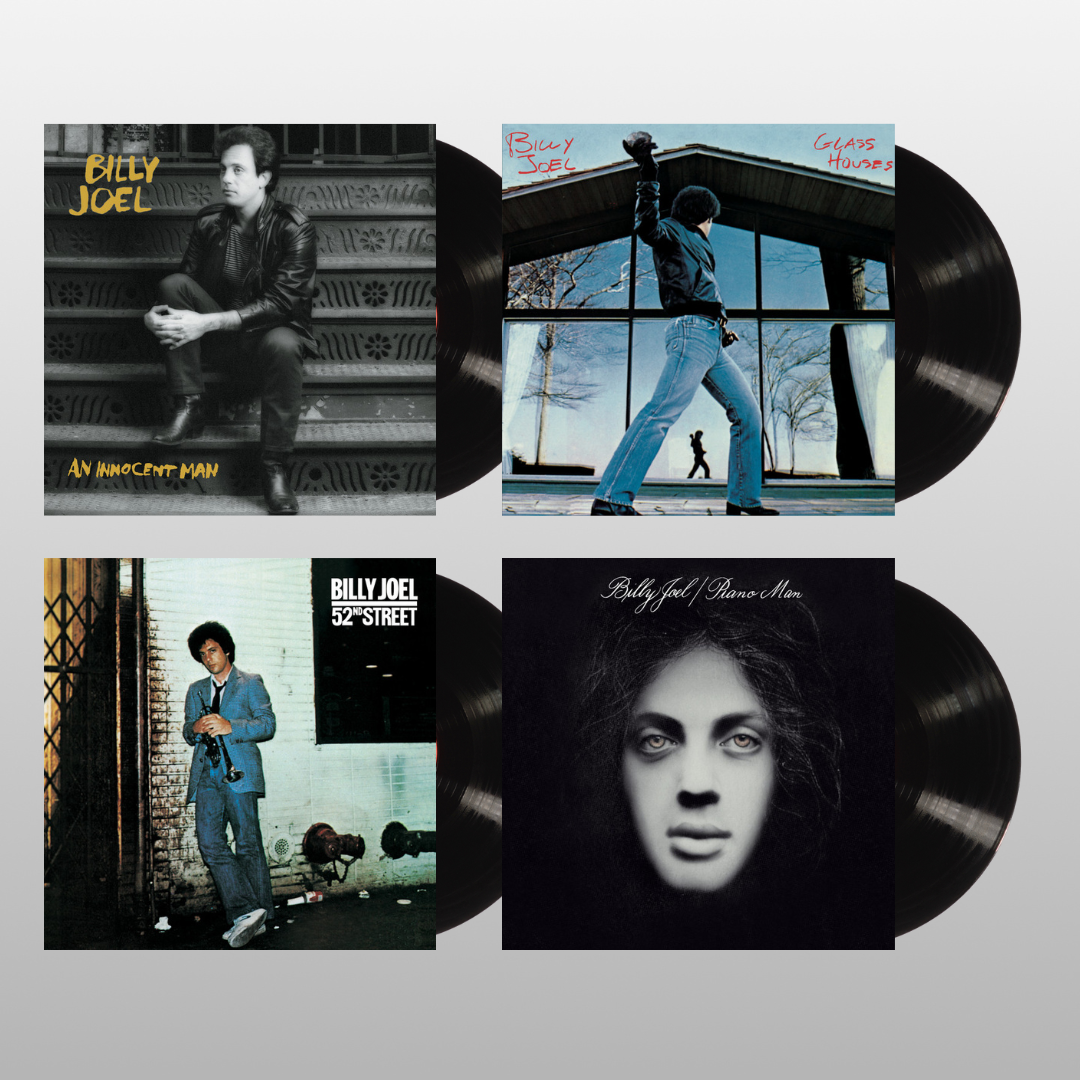
![The Grateful Dead - The Music Never Stopped [6LP Box Set]](http://vinyl.com/cdn/shop/files/The_Grateful_Dead-The_Music_Never_Stopped__6LP_Box_Set.jpg?v=1747729623&width=5760)
![Fleetwood Mac - Fleetwood Mac 1975 To 1987 [Clear 6LP Box Set]](http://vinyl.com/cdn/shop/files/2RHILP81833__61378.jpg?v=1743391443&width=5760)
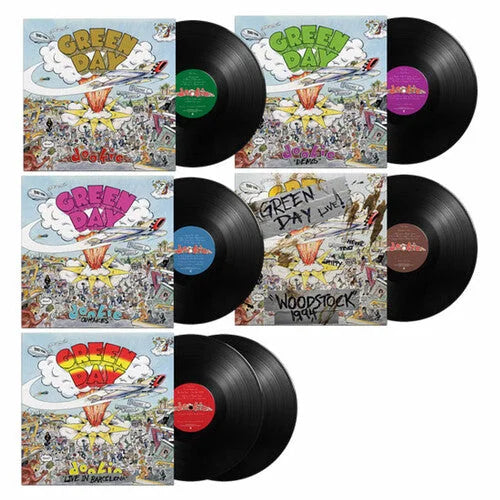



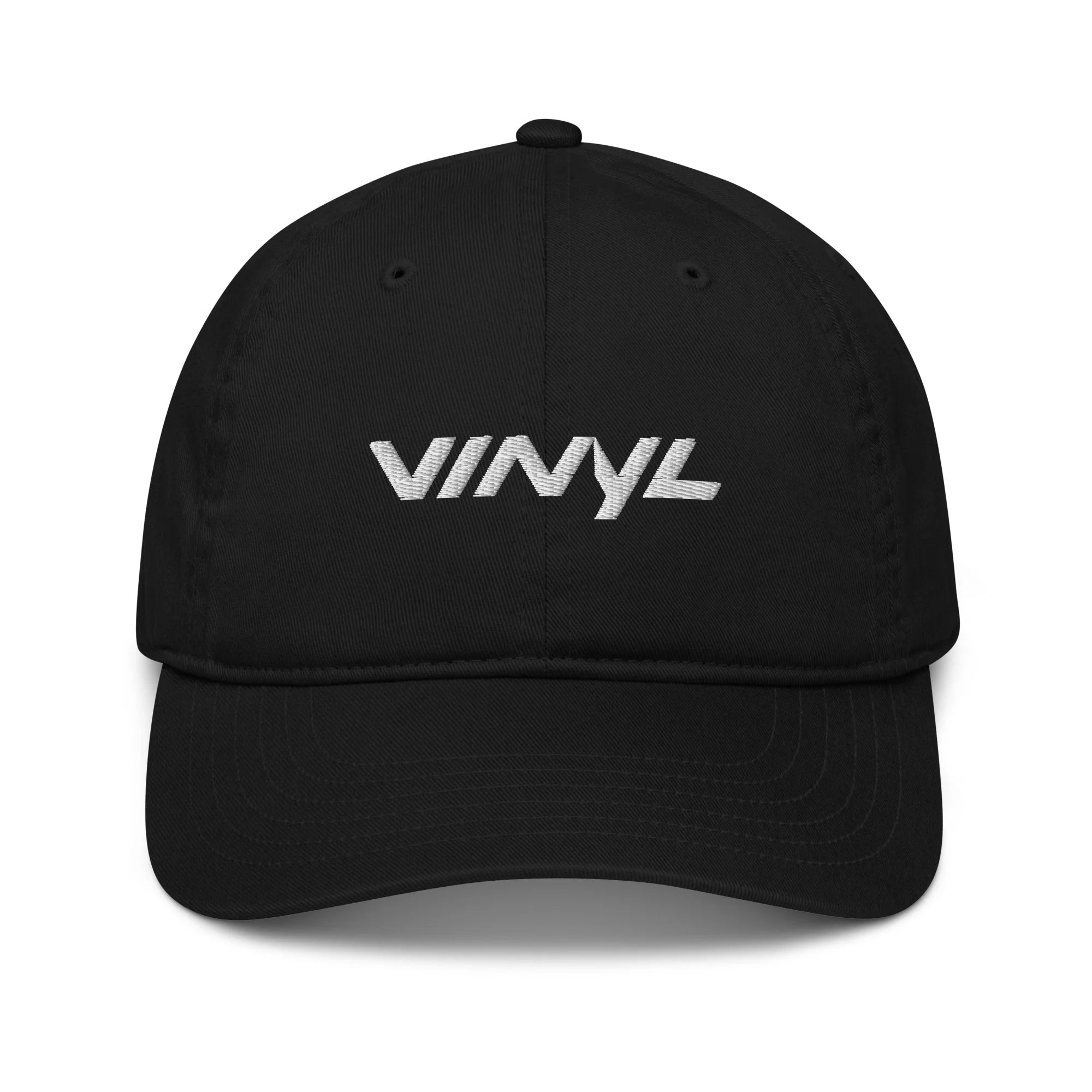

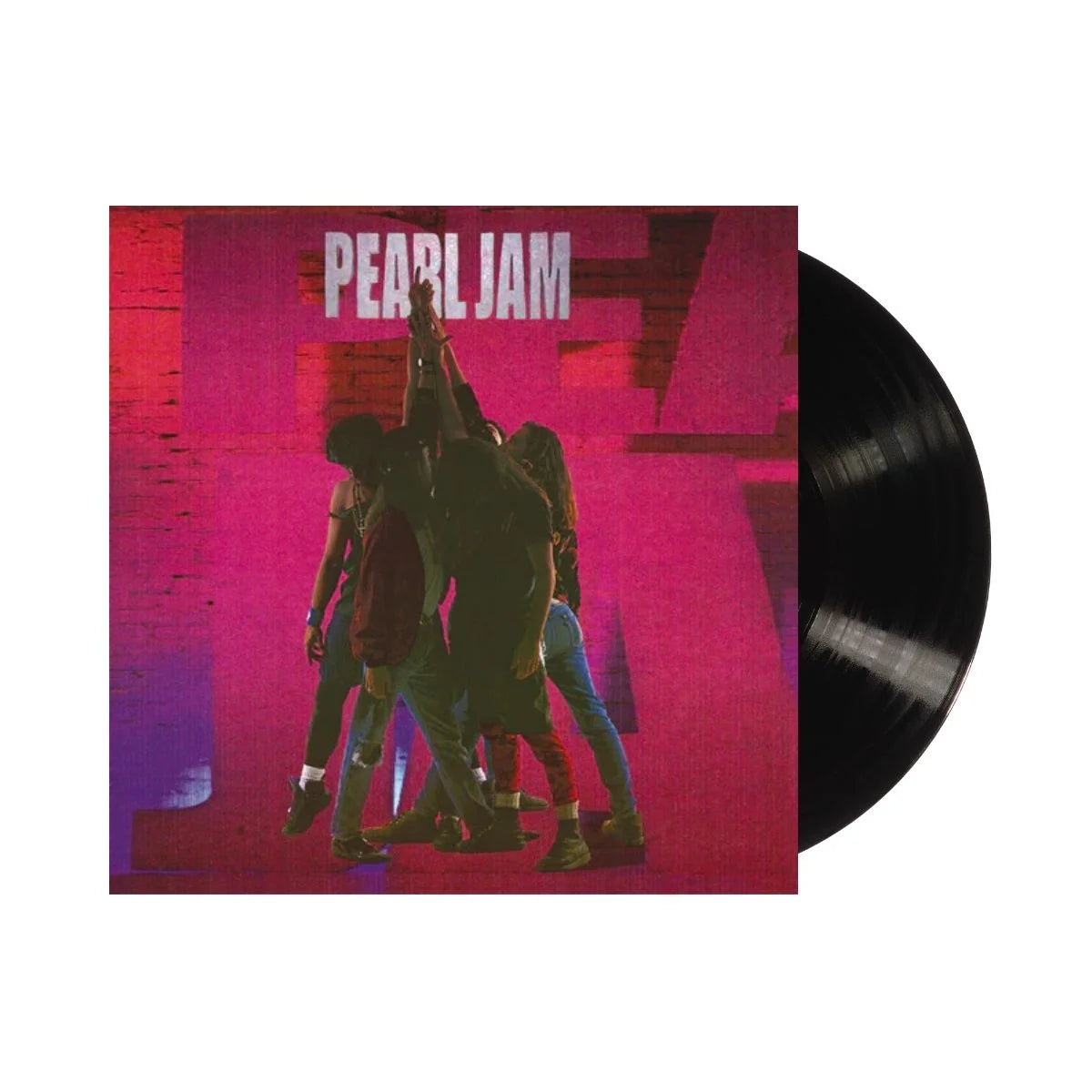
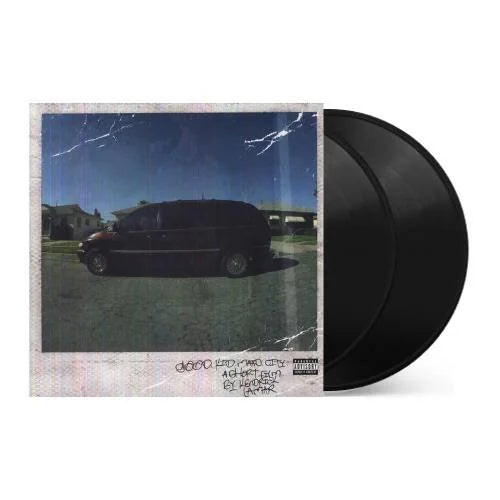
![Taylor Swift - 1989 (Taylor's Version) [2LP Crystal Skies Blue]](http://vinyl.com/cdn/shop/files/taylor_swift_1989_taylors_version.jpg?v=1734389117&width=5760)
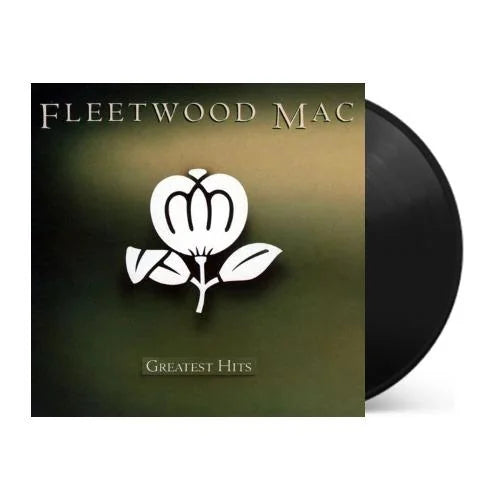
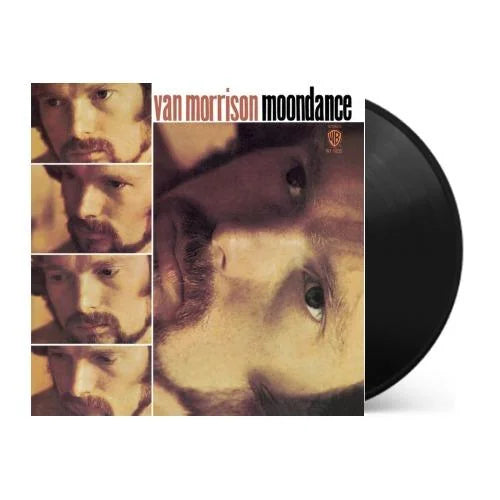
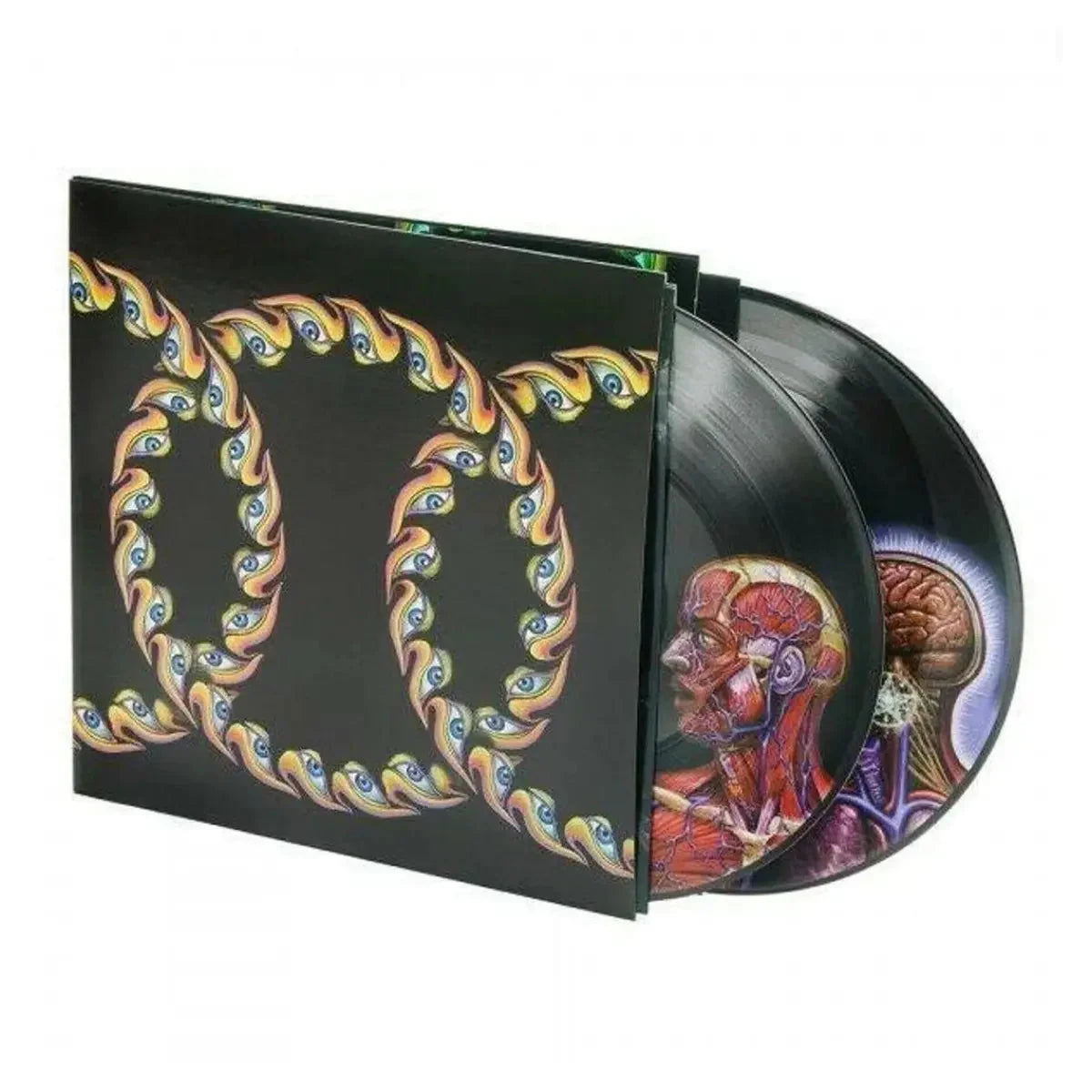
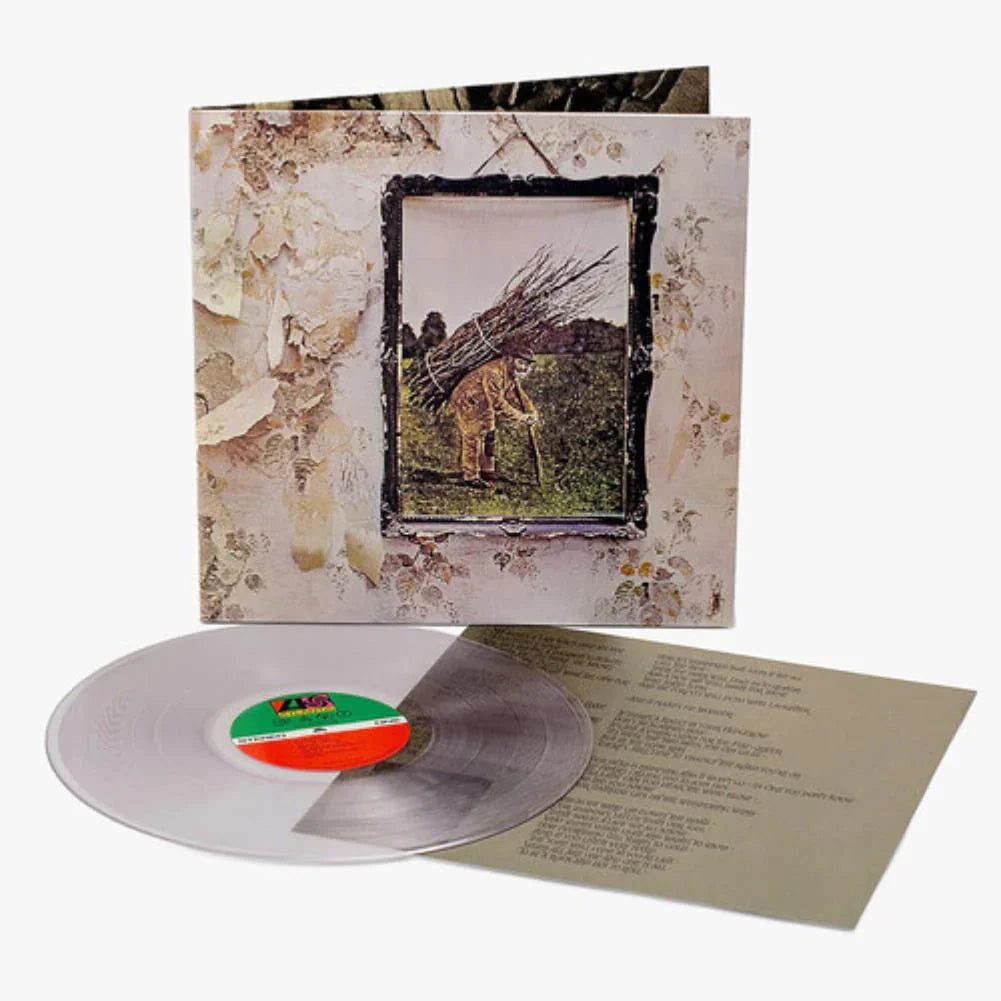
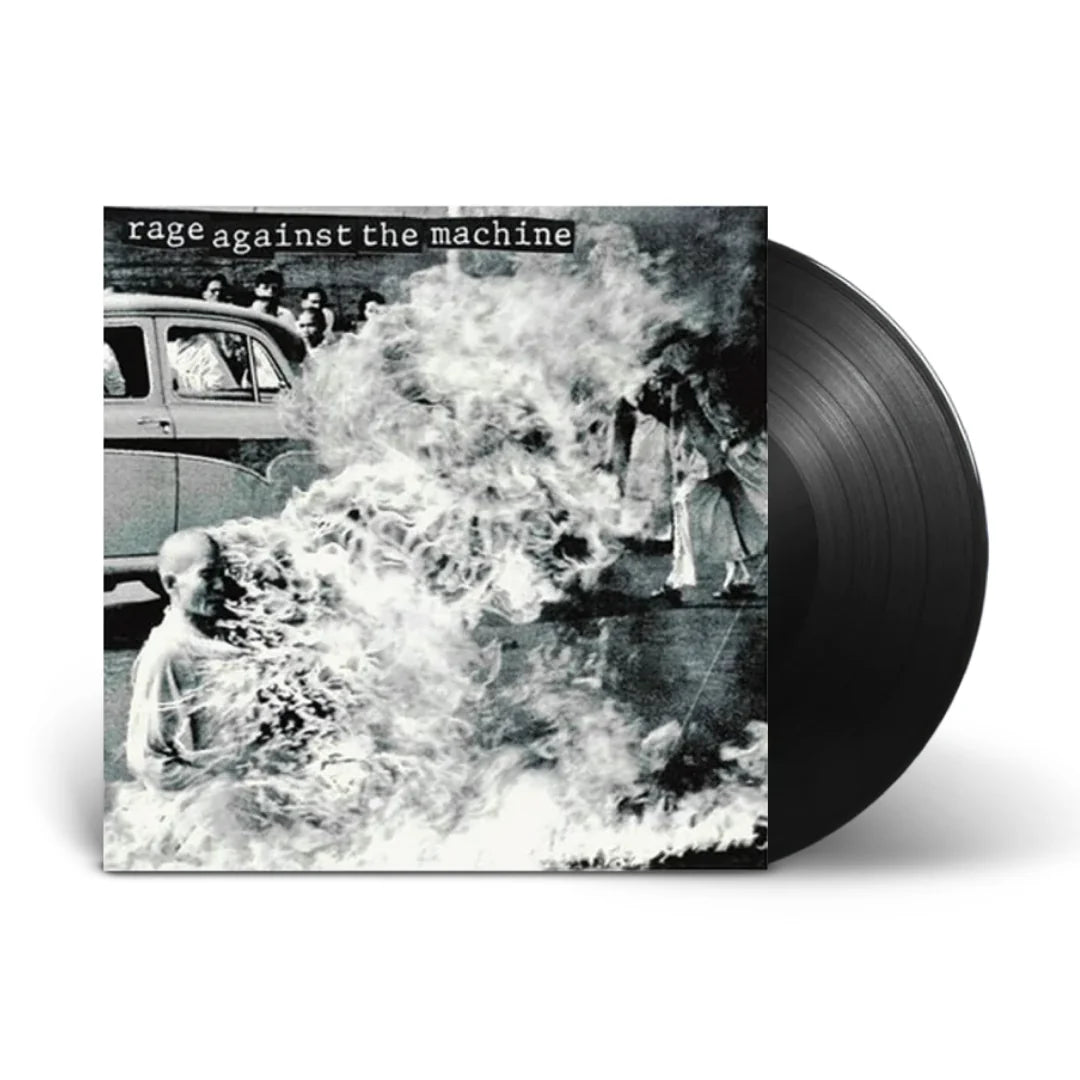
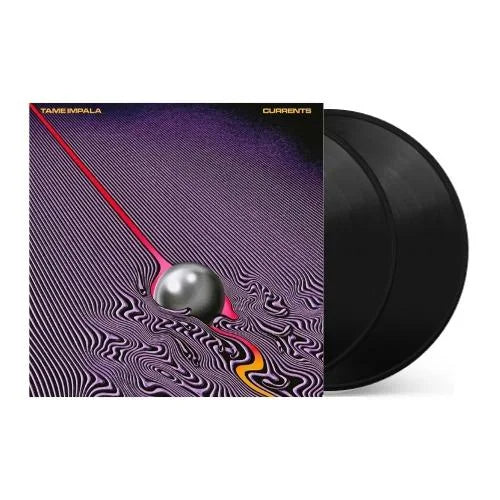
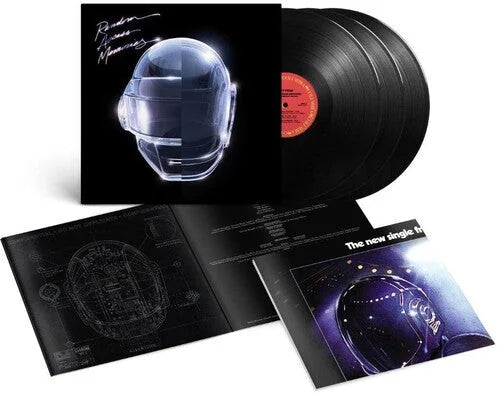
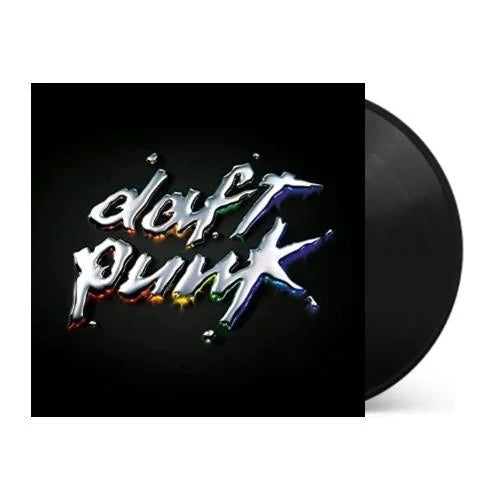

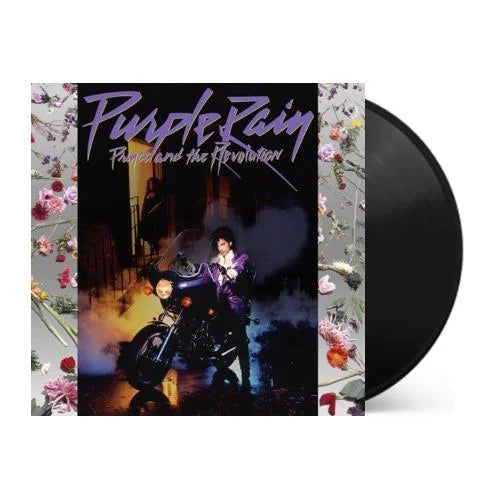

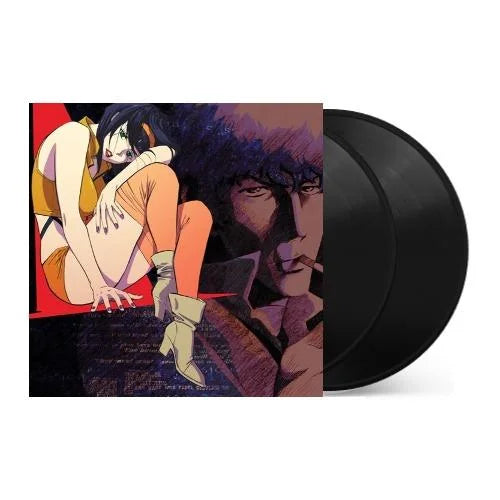

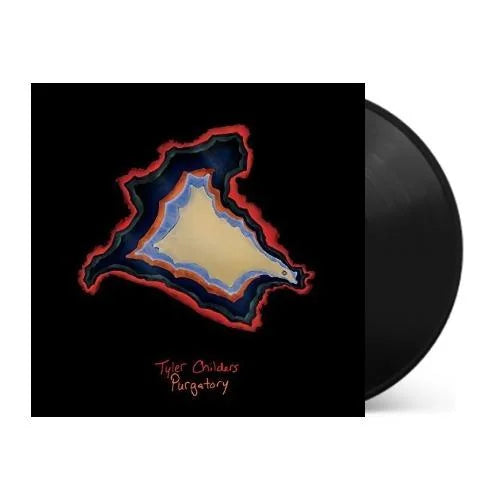
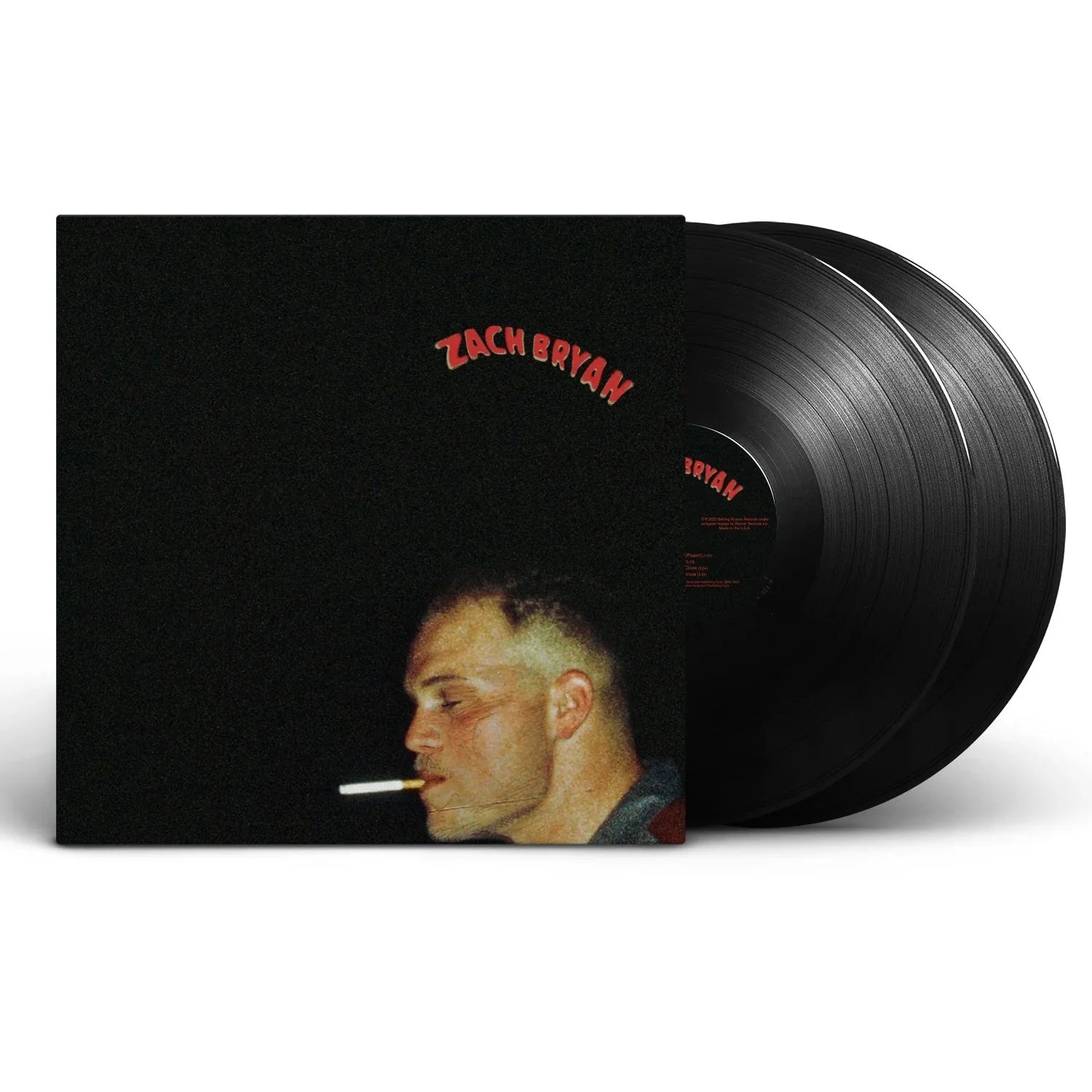
![Grace Jones - Nightclubbing [Gold]](http://vinyl.com/cdn/shop/files/4407705-3329230.jpg?v=1742429522&width=5760)

![Debbie Harry - KooKoo [2LP Clear]](http://vinyl.com/cdn/shop/files/4025259-2960387.jpg?v=1682465873&width=5760)
![Miles Davis - Kind of Blue [180-gram]](http://vinyl.com/cdn/shop/files/Y4LPMD03.webp?v=1742198237&width=5760)

![Various Artists - Once Upon A Time: The Tarantino Sound [Red 180-Gram]](http://vinyl.com/cdn/shop/files/4376720-3283530.jpg?v=1733870948&width=5760)

